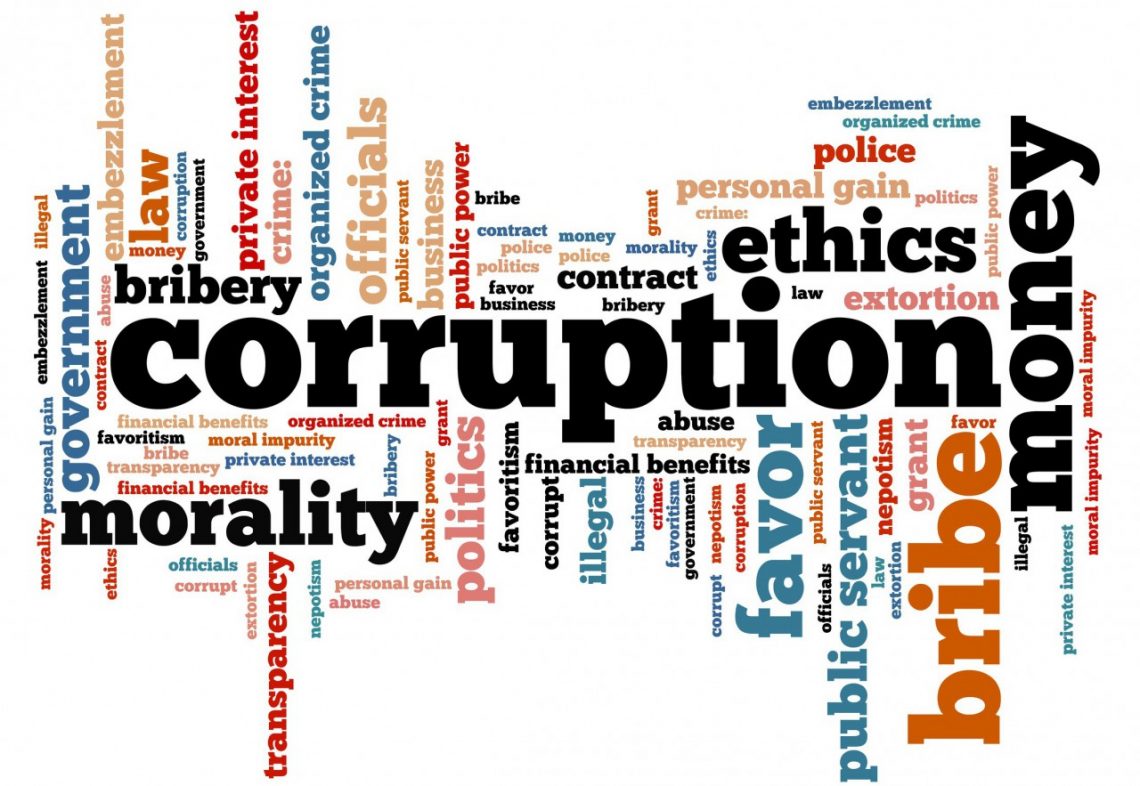07-07-2022
Western agencies need funding and power to tackle the Kremlin’s influence.
Europeans will remember Feb. 24 the same way that Americans remember 9/11. Russian President Vladimir Putin’s unprovoked invasion of Ukraine shocked and horrified Europeans. And, as in the aftermath of the attack on the United States, members of the trans-Atlantic community stood shoulder to shoulder as they scrambled to improve their economic defenses against the Kremlin’s threat.
As a result, trans-Atlantic cooperation has been unexpectedly strong in imposing sanctions, resulting in the halving of Russian imports and Russia defaulting on its debt for the first time in over a century. That’s a stark contrast to the awkward and very public disunity on display between the United States and Europe during the 2014 Russian attack on Crimea.
Just as 9/11 prompted new legal tools, the authority and capacity of U.S. and European financial law enforcement have increased dramatically. New platforms for collaboration that extend even beyond trans-Atlantic alliances—such as the Russian Elites, Proxies, and Oligarchs (REPO) Task Force, led by the G-7 and Australia—are breaking ground on global coordination against the Kremlin’s war chest.

